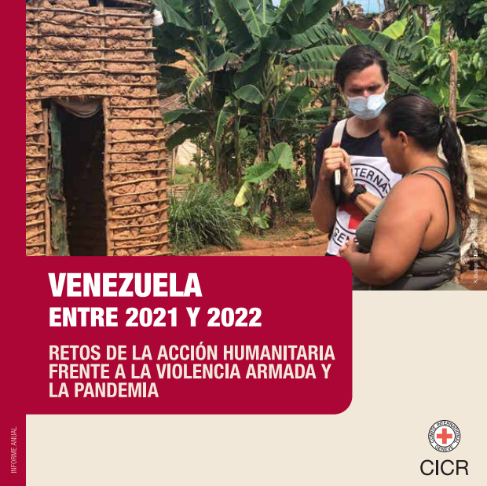In a interview for the Spanish newspaper El País, the two-time presidential candidate and former governor of Miranda state, Henrique Capriles Radonski, affirmed that despite threats and violence more people in Venezuela are willing to go out to vote than to protest, and points out to the available alternatives for the unachieved political change in the country.
Capriles Radonski asks the Venezuelan opposition to recognize it “failed” in 2019 because there was no cessation of usurpation, no transition, and no free elections as proposed by the president in charge and head of the National Assembly (AN), Juan Guaidó.
That is why he called for “unity to realize real change” and said that the conditions to achieve a majority in the national Legislative Power must be sought, just like in 2015.
The head of Primero Justicia said that “there are three alternatives that could lead to a change in Venezuela”. The first of these would be for Nicolás Maduro to negotiate the exit of power, the second a reaction of the military and the last one is the popular mobilization.
He acknowledged that none of these alternatives is feasible, but he also added that “we must refuse to continue doing the same in 2020 as in 2019. We cannot pretend that different things happen if we continue doing the same.”
That is why the former governor recalled that “amid threats and violence, more people are willing to vote than to go out to protest. The real dilemma does not derive between voting or not, but our ability to unite the vote and protest, which are not exclusive, in actions that allow achieving political change” in conjunction with the three alternatives.
“If we go to elections, the route must be marked by strong protests against the regime so that they are free and democratic, but he questioned himself whether a struggle for minimum conditions would not jeopardize the legitimacy of our National Assembly.
“After a popular defeat, Maduro would be in a position that would force him to consider negotiation and even escape. If we overcome the bias, the Armed Forces would have an incentive to defend the results and channel a transition that affects them as little as possible. All with our allies on alert for any aggression that requires a response of another kind”, he analyzed.




